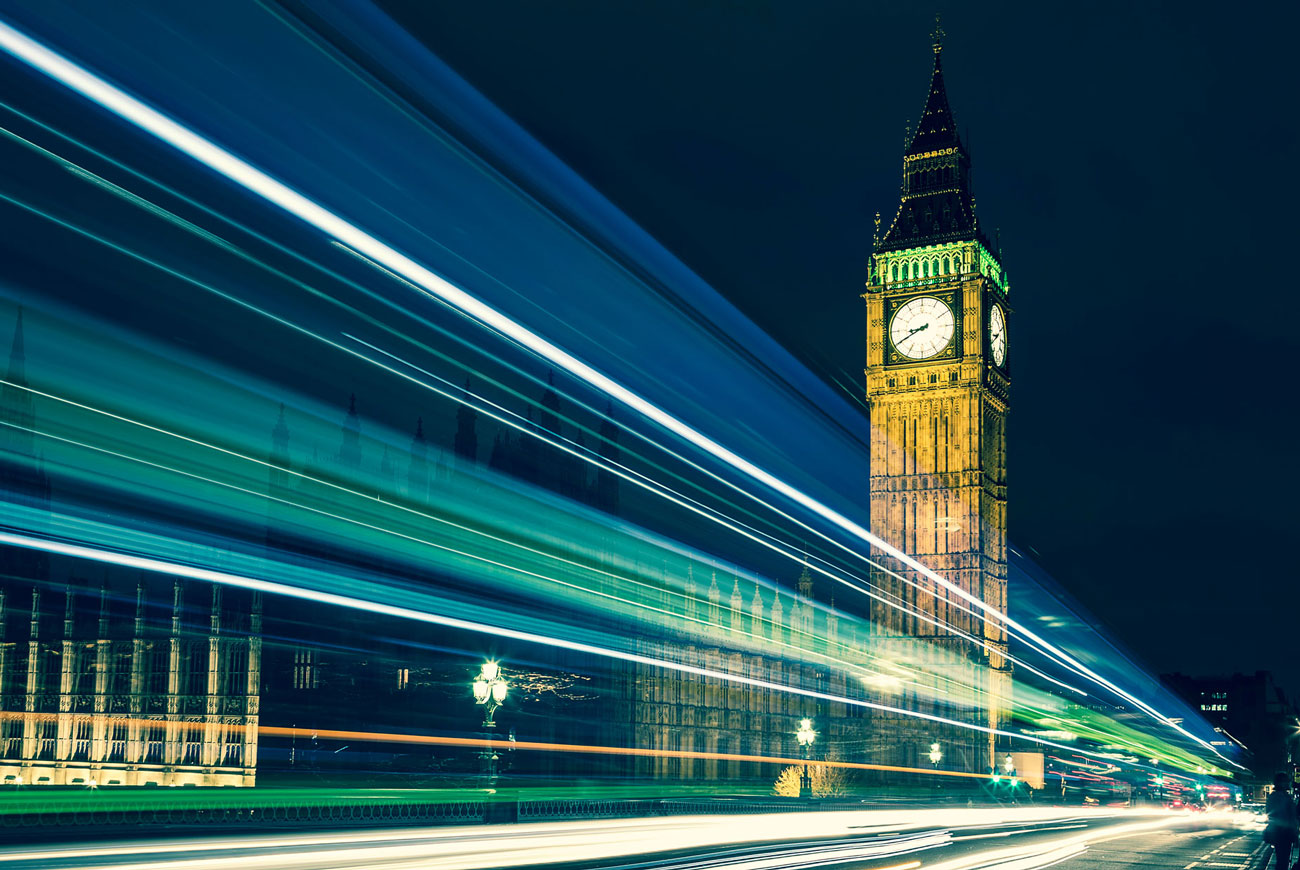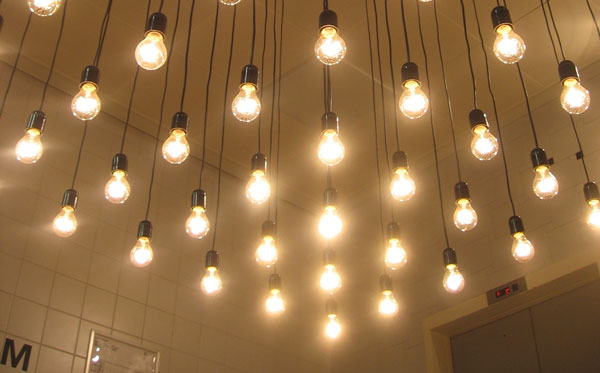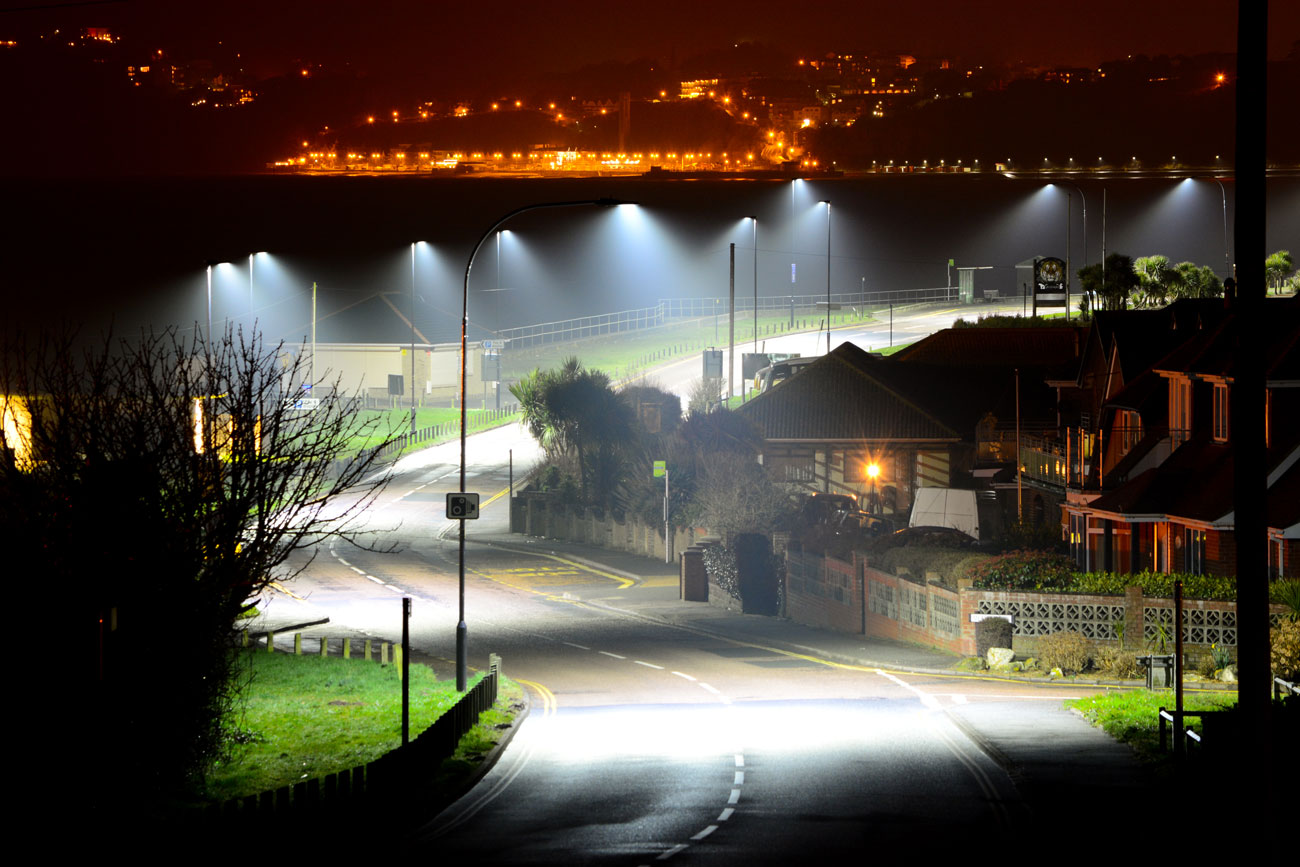REGISTER FOR NEWSLETTER
REGISTER FOR NEWSLETTER
Artificial lighting is a political issue, with policy decisions being made at local, national and international levels. LightAware works to raise awareness of the impact of these decisions among the public and to influence policy makers.
There is still so little awareness about how the quality and quantity of artificial light affects everyone’s health and wellbeing. And many decision-makers do not know that for some, lighting can cause severe pain, disability and social exclusion.
LightAware engages with the regulatory process wherever possible, meeting with local councils, advocating for light-disabled citizens, lobbying the UK Government and parliament, the devolved governments and parliaments and the European Union. We support and connect with campaigning groups and concerned individuals around the world.
Please help us to campaign for safe and healthy lighting for all.

LED vehicle headlights are incompatible with dark-adapted human eyesight, they are too bright, too blue and too ‘concentrated’. An RAC Survey, published in March 2022, found 89 per cent of drivers think that some or most vehicle headlights are too bright.

Legislation focussed on ‘energy efficiency’ has resulted in increased light pollution, with severe impacts on human health and the natural world. Instead we need legislation to control the quantity, quality and use of artificial light.

For those with severe physical reactions to LED lighting, the ubiquitous use of this technology has resulted in devastating social exclusion – a permanent lockdown. This counts as a disability under the Equality Act, and so a duty of care.

LightAware lobbied for an exemption to the EU ban on incandescent light bulbs for those who cannot tolerate LED lighting, and continues to work with legislators to ensure safe lighting is supplied to those who need it.

Most UK councils introduced LED street lighting without consultation or impact assessment, installing blue-rich LEDs despite the prior publication of scientific reports warning of their adverse health and environmental impacts.
REGISTER FOR NEWSLETTER